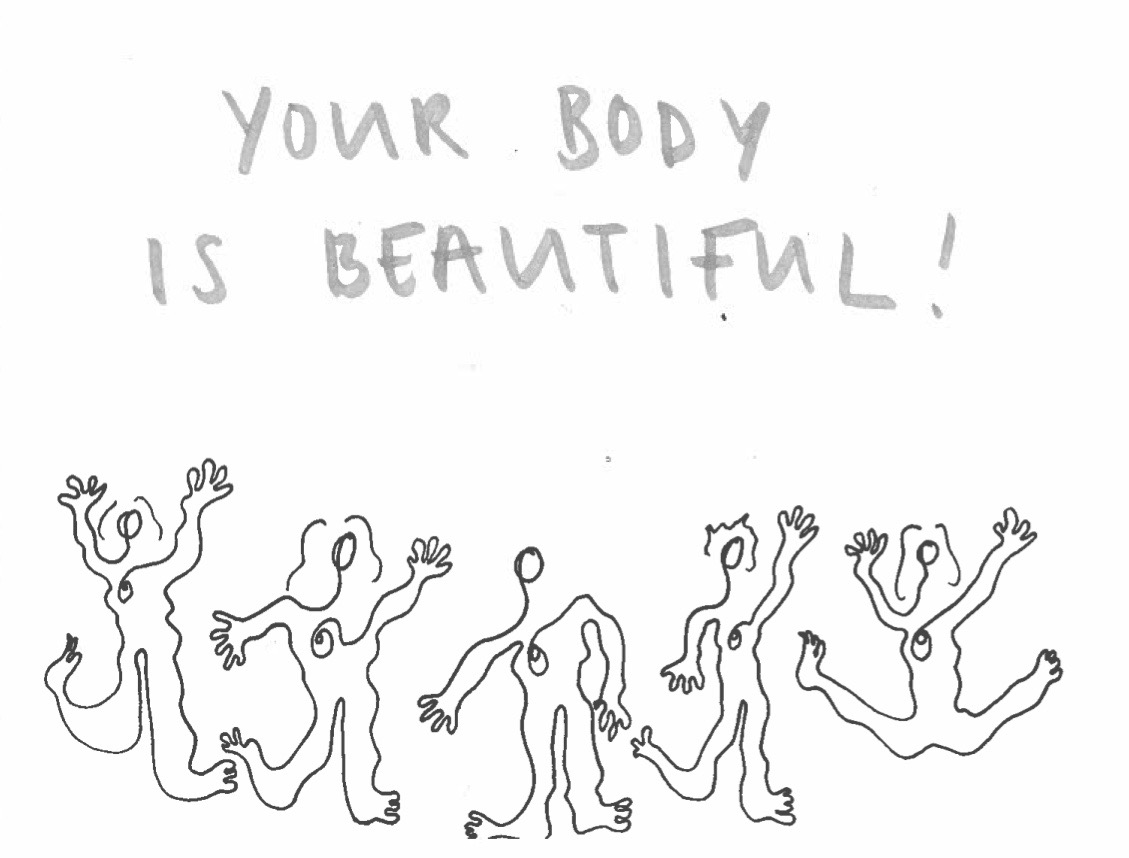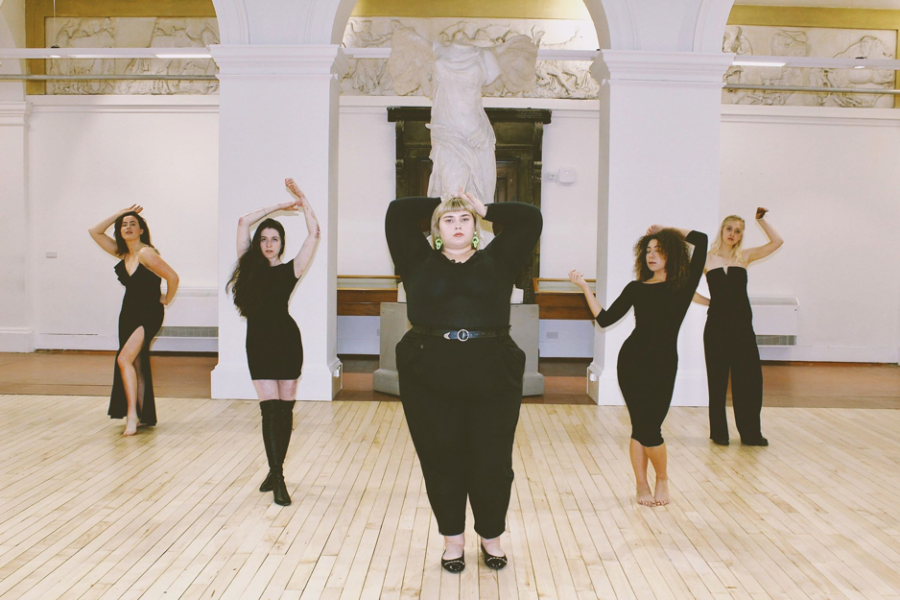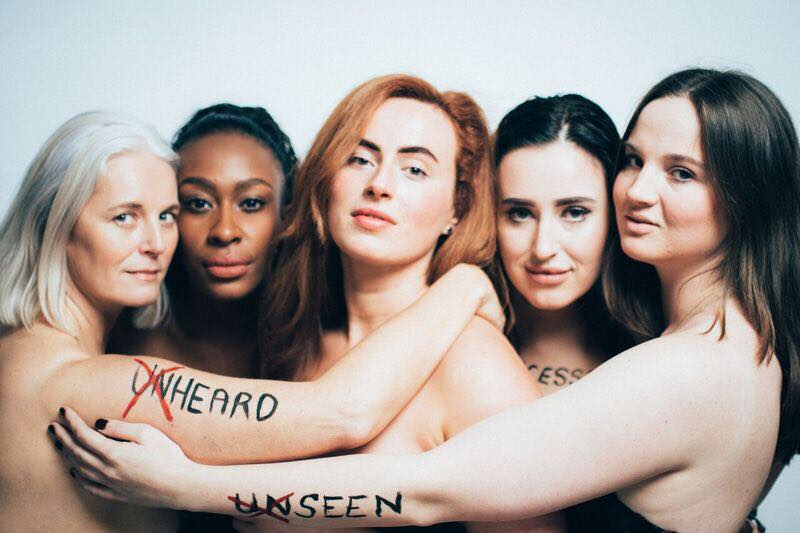To begin, I have to be brutally honest and admit to something that I am not proud of. At all. A few moments ago I was walking into university listening to the news. I’ve gotten into quite a sweet routine recently, breaking up the walk with a trip to the local green grocers. Every morning I browse the selection of reduced fruit, normally grabbing a punnet of grapes and a persimmon, have a chat with the very smiley man who owns the shop and hop back on my merry way to the library…

Contemplation of a Poisonous Thought
I love this routine! I love seeing the man, I love the warmth of the shop as the rain beats down outside, I love pretending for 5 minutes that I could spend my day browsing fruit and veg shops and not writing my dissertation. It’s wonderful. But this morning as I was turning the corner towards the shop, I had a horrible thought- a poisonous thought that I thought I’d successfully discarded in the pile of ‘Beth’s dark couple of years’ from 2015.
‘I’ve been eating a lot of persimmons’ I thought, ‘I should probably check how many calories are in them’.
I should probably check how many calories are in a piece of fruit.
Where on earth did that thought come from? How is it that these thoughts still manage to sneak their way back into my mind? I got so angry!
Nevertheless, I did not check. And true to form I stopped off at the shop, grabbed my usual selection, chatted to the smiley man and walked on to the library. As I was walking I tuned back into the news I had been listening to and a story started playing. ‘Female doctor in Australia writes an open letter to Kim Kardashian’. Interesting. It turns out that the woman had been driving with her husband and their 3 year old daughter when a news story came on the radio revealing Kim Kardashian’s ‘weight loss plan’ that she was setting out to achieve before her 40th birthday. The woman and her husband, confused as to why the story was newsworthy glanced at each other, worried that the daughter would hear and understand what had been said. Worried she would understand that the weight loss goal of a celebrity was newsworthy! ‘I see people come into my practice everyday with issues about their bodies’, the woman revealed. ‘And it’s not only teenage girls, but young boys and girls- children. You know, they did a study which reveals that 38% of 4 year old girls in Australia are dissatisfied with their bodies’.

The statistic rang in my ear. It is still ringing and I fear it will be for a while. After hearing this I had a look at the statistics pertaining to the UK. An article in the Guardian posted earlier this year revealed that nearly a third of British teenagers feel ashamed of their bodies. 35% had stopped eating or cut down on their food intake because of this shame. These statistics are confirmed for me any time I bring up the conversation with people my age. You cannot speak about an eating disorder without being told by a friend that they or someone they love has been through the same thing as you. Eating disorders do not begin and end with the culture we are in. They are complex manifestations of a plethora of mental health problems. Yet, a culture which romanticises ‘the perfect body’ and holds celebrities up as emblems of this perfection, perpetuates the toxic thoughts which contribute to these illnesses.
I can’t help but think about the young girls in my family who look up to these celebrities. I worry about the very likely possibility that they will take a story like the one about Kim Kardashian to be newsworthy. That they will read or hear or see it and use it as a measure for the worth of their own bodies. And all I want to do is wrap them up and tell them again and again that they are beautiful and they are worthy and that these ‘goals’ they see wherever they look are unachievable and unimportant. The story itself is a speck of dust on the landscape of our perfectionist culture. It is insignificant on its own. But its importance lies in its repetition. Because we hear these stories time and time again and the words we say and the stories we tell are what shape the minds of young people.
It is an injustice that these pressures are being internalised by children; that all they will know is a world in which the ambitions of the people they look up to hinge on the shape of their bodies. I take from this morning that we each must catch the poisonous thoughts that come into our head. We must place them in the context of a culture which puts these pressures on the children who we love. And whatever we do, we must try to not let these thoughts consume us, lest they ooze out of us and infect the people around us. Our bodies can be the most wonderful places to be. They allow us to live in and hop through and dance around this beautiful world. So please, I beg- let us cherish them and let us nourish them!






Leave a Comment